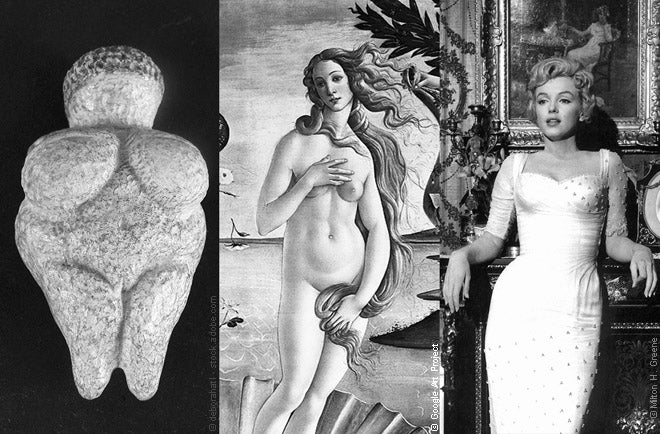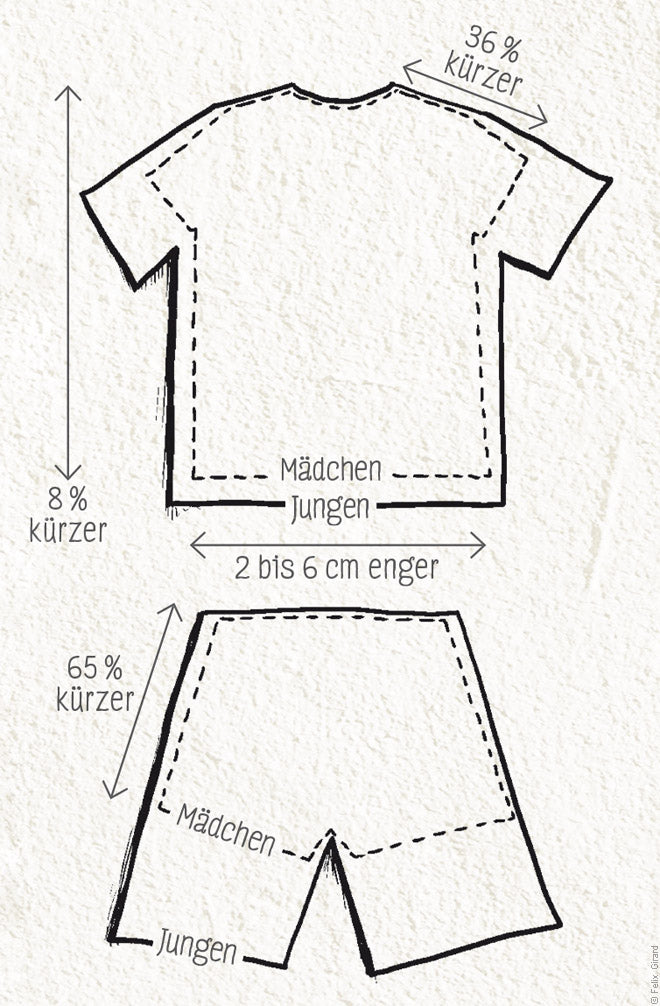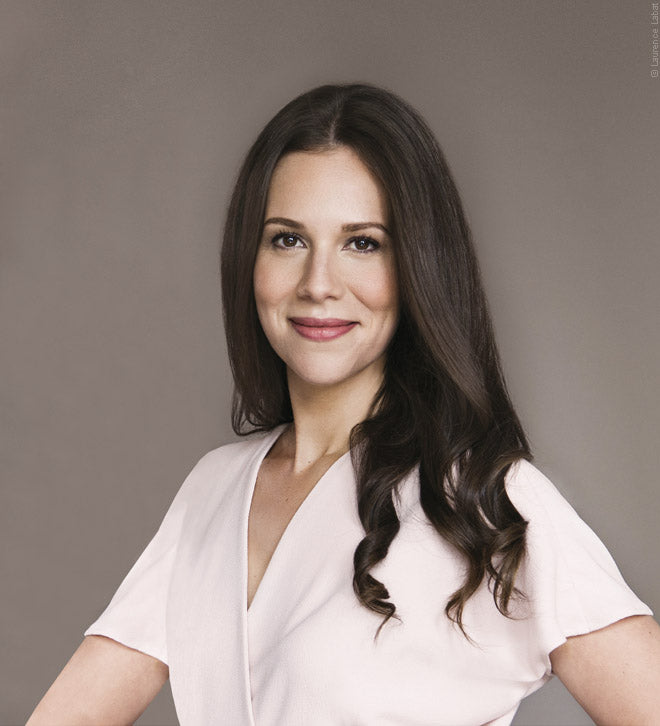
The “perfect body” does not exist: “You are good as you are” helps parents protect their children from eating disorders
The “perfect body” does not exist: “You are good as you are” helps parents protect their children from eating disorders
Beauty ideals spread by the media and socially anchored role models are contributing to the dramatic increase in eating disorders among young people. The current book "You are good as you are!" by Canadian psychologist Dr. Catherine Senécal offers new ways of thinking and gives concrete advice on how to develop a healthy relationship with your body.
Top models and superstars …
Facebook and Instagram, GNTM or DSDS - children and young people live in a world in which appearance is the main factor in determining how popular and successful someone is. Almost half of all boys and girls in puberty are dissatisfied with their own bodies. As a result, they sometimes literally risk their lives to adapt their appearance to supposed role models. Although there is a close connection between a negative body image and the development of eating disorders, parents and teachers are often helpless in the face of this development as long as outdated role clichés and ideals of beauty determine the social climate.
Canadian psychologist Dr. Catherine Senécal has been volunteering for people with anorexia or bulimia for more than ten years. As an expert in the treatment of all types of eating disorders, she examines the current state of research in the first German edition of her book and provides an easy-to-understand, practical compendium to help adolescents develop a healthy relationship with their bodies and food. The focus is on parents, who strengthen their children's individuality through their own positive example and a shared eating culture.
Consequences of body image
Experts define body image as the perception of the appearance of one's own body, and the emotional responses to this perception. It is a dynamic perception of one's own body, how it looks, how one feels it, and how it moves. This perception can change depending on mood, physical experience, and environment. For example, a person of normal weight can feel or find themselves plump. An overweight person can also feel very comfortable in their own skin. Therefore, there is still a lot of work to be done from a psychological and social perspective to break down false beliefs about the "ideal body."
"These beliefs are partly responsible for the problems that many children have with their body image, even from a very young age," says Dr. Senécal, also from her research work as founder of the CHANGE clinics for cognitive behavioral psychology in Montreal (Canada). Children aged five to six have already developed their own body image; and puberty is a key phase for the development of eating disorders due to the physical and hormonal changes. It is therefore important to work on a positive body image from preschool age and throughout childhood.
Fighting clichés
Many parents feel that trying to prevent eating disorders is a lost cause. After all, our world is full of advertising that portrays women as objects, and there is an entire industry dedicated to weight loss that generates billions of dollars every year. But there is encouraging clinical evidence that suggests that parents can influence their children's body image and help prevent eating disorders. "So you need to help your child develop a critical attitude toward the media, but also toward the statements and attitudes of people around them. We should also set an example here and remember that the family is always a child's first social experience," recommends the author.
In addition, her book offers concrete and well-founded techniques to help parents help their child respect their natural weight, eat intuitively and incorporate the principles of mindful eating. Families can combat "figure obsession" "by building a healthy relationship with our bodies and food that is authentic and consistent with the values we want to convey to our children."
Book tip:
You are good just the way you are! How to free your child from figure obsession. Mankau Verlag 2019, paperback, 13.5 x 21.5 cm, 222 pages, € 16.90 (D) / € 17.40 (A), ISBN 978-3-86374-544-8.
Link recommendations:
More about the book "You are good just the way you are!"
To the reading sample in PDF format
More about the author Dr. Catherine Senécal
To the Internet forum with our authors and readers











